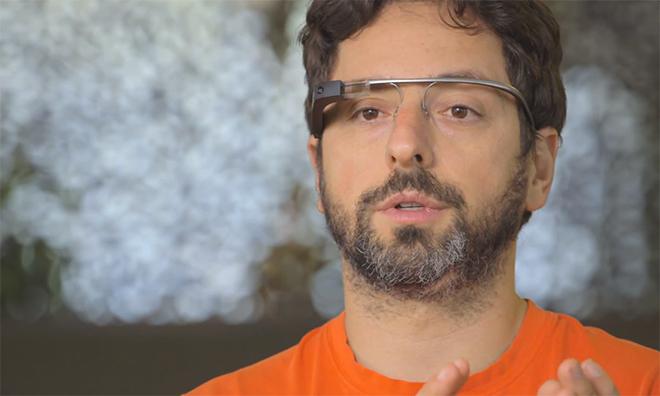A project funded by Google cofounder Sergey Brin has yielded the world's first "synthetic" beef hamburger, the first step in what the billionaire hopes is a transformation in sustainable foods.
It was announced on Monday that Brin funded the project looking into lab-grown beef, dubbed "Cultured Beef," which has the potential to change the way humans farm and consume meat, reports The Guardian.
While still a proof-of-concept, and nowhere near ready for sale at the local supermarket, studies by the University of Oxford suggest cultured beef could use as much as 99 percent less space than current livestock farming, while cutting down on greenhouse gas emissions.
Along with environmental benefits, cultured beef can help with a rising beef demand that is forecast to outstrip production within 40 years. With synthetic beef, livestock can be farmed less intensively, thus tapering a reliance on antibiotics which are stored in fat cells and can lead to cancer in humans.
"There are basically three things that can happen going forward," Brin said in a video . "One is we'll all become vegetarian. I don't think that's really likely. The second is we ignore the issues and that leads to continued environmental harm. And the third option is we do something new."
Led by physiologist Dr. Mark Post, the research team at Maastricht University took a small sample of cow stem cells and grew 20,000 strands of muscle fiber over the course of three months. These strands were combined to make one hamburger patty. According to Post, the few sample cells can theoretically turn into ten tons of meat.
The first cultured beef patty was cooked up and served to Taste of Tomorrow author Josh Schonwald and Austrian food trends researcher Hanni Rützler from the Future Food Studio. The synthetic beef, which was colored with beet juice and saffron, reportedly had the texture of real beef, but lacked flavor. This is to be expected, as cultured beef lacks fat cells.
For more information, the researchers have set up a website filled with facts and figures on meat sustainability, as well as video on how cultured beef is made.

